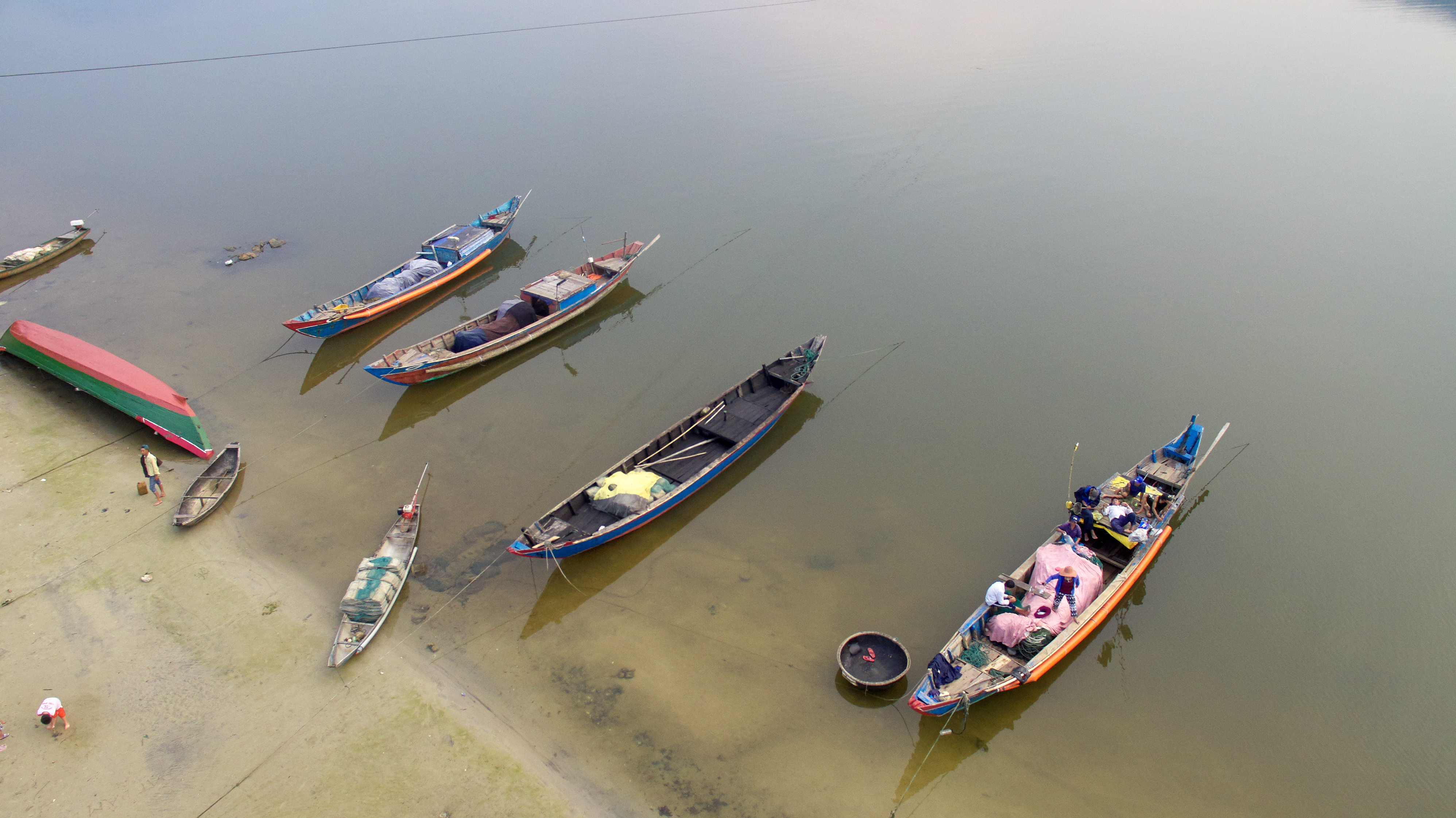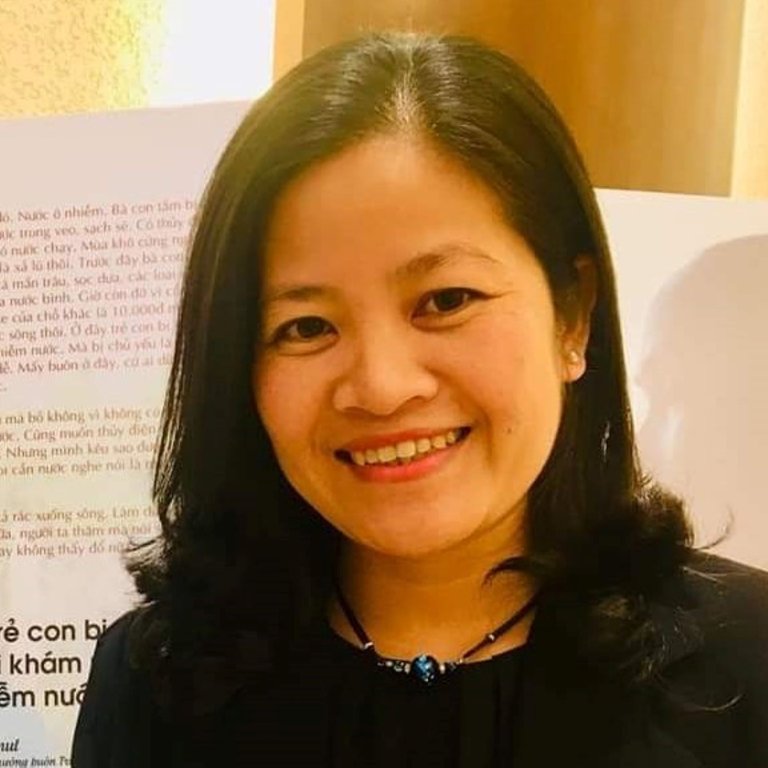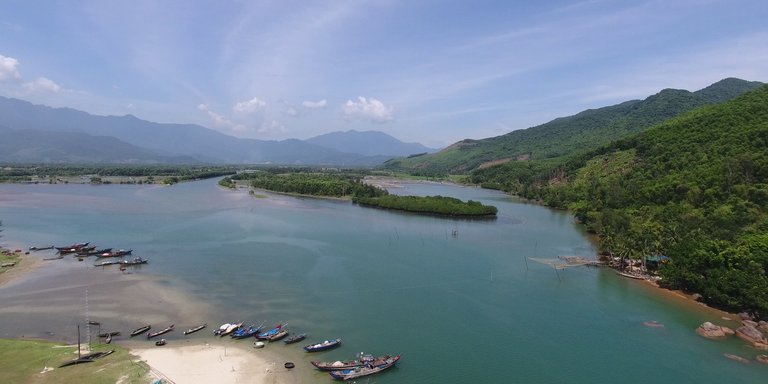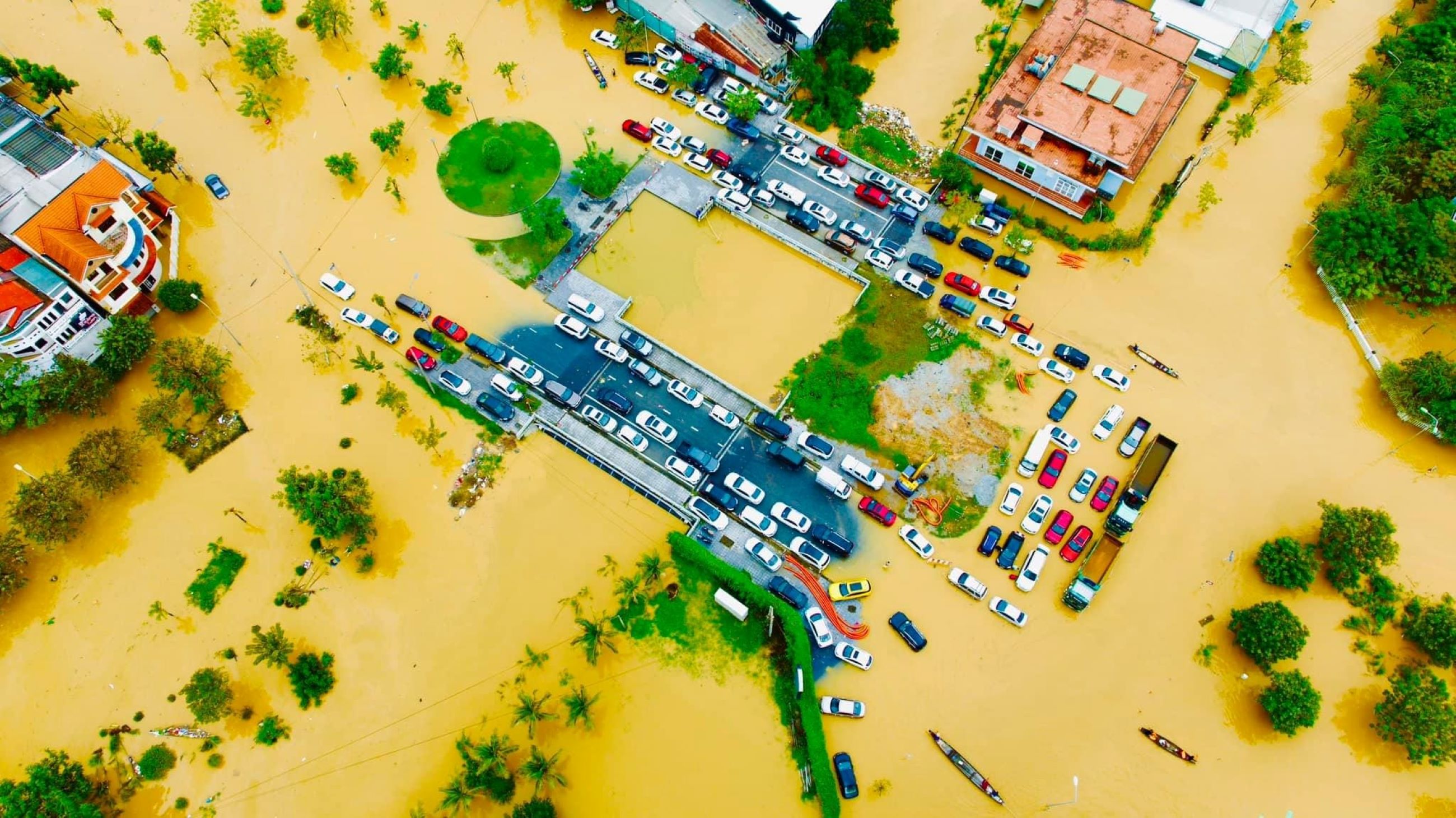
Strong roots, strong women
Empowering women for community and coastal ecosystem resilience in central Vietnam
properties.trackTitle
properties.trackSubtitle
News from the project
About the project



Mangrove planting is an ecosystem-based flood resilience approach working well at the grassroots level. It also proved to be a promising means to empower women in disaster risk reduction.
The mangrove nursery will provide direct income from Eco-DRR to vulnerable groups and links to provincial policies that recently declared parts of the lagoon a nature-protected area. For capacity-building and awareness-raising, we will facilitate a series of theatre performances in coastal communities. The theatre plays will be performed by members of the local women’s union and will cover topics such as flood preparedness, gender, emergency response, and the role of ecosystems in disaster risk reduction.
This activity also includes the implementation of a theatre festival in the provincial capital Hue and the 1st Eco-DRR Theatre Award ceremony. Both activities will be accompanied by an in-depth outcome evaluation, as well as comprehensive dissemination activities.

The project is organized by the Centre for Social Research and Development (CSRD) in Vietnam and the UP Transfer GmbH at the University of Potsdam. UNDRR and Munich Re Foundation happily congratulate the 2021 RISK Award winners and will support the project with all possible and necessary means. We are very much looking forward to a fruitful collaboration.
Christian Barthelt, 10 June 2021












